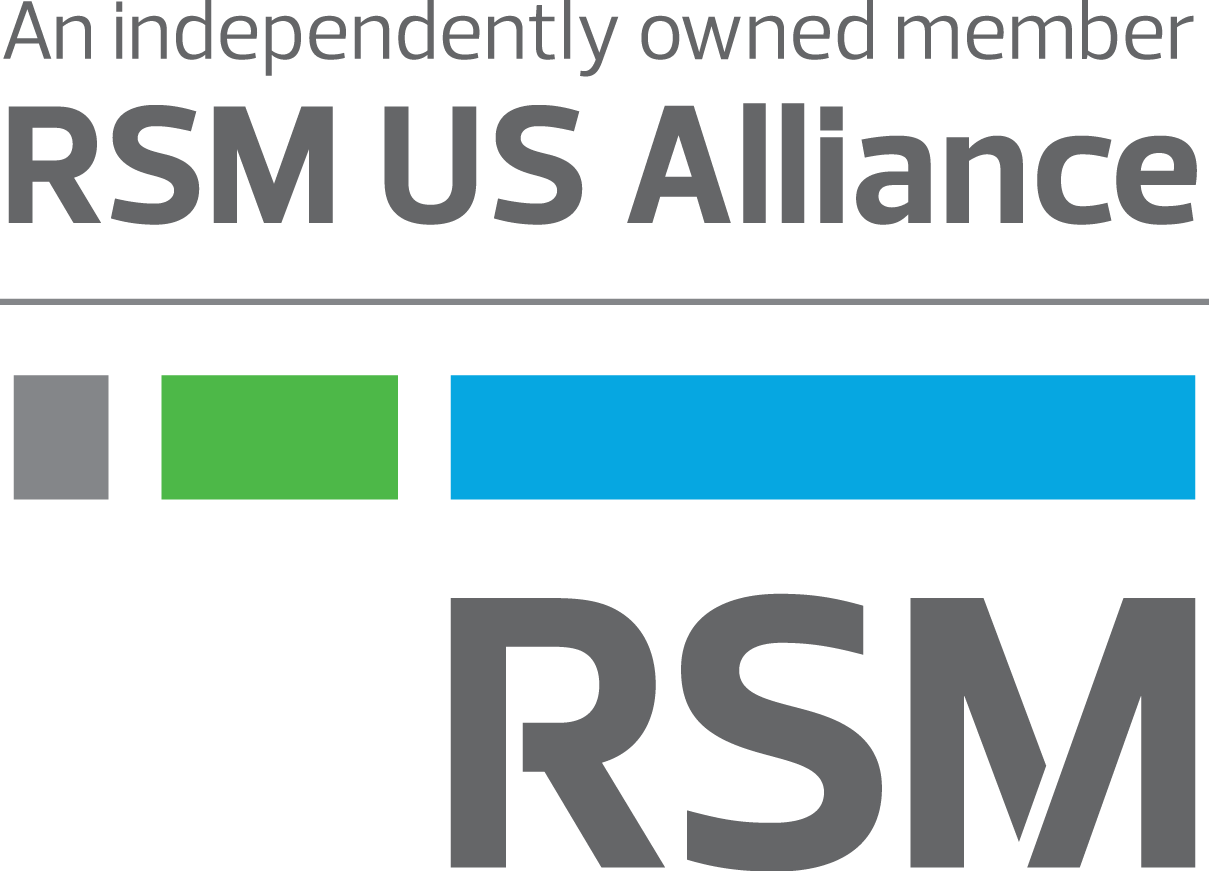
Remote workforces are complicating state tax nexus and withholding
ARTICLE | January 25, 2024
Authored by RSM US LLP
As remote and hybrid work have become institutional factors in business operations and labor markets, an increasing number of organizations have formalized policies governing their employees’ work location.
However, policies that do not consider relevant state and local tax ramifications potentially expose companies to costs and penalties associated with noncompliance.
Whether a business is updating its policy or still developing one, incorporating the following state and local tax considerations may help the organization comply with laws in their jurisdictions and avoid unintended, costly consequences of noncompliance.
Nexus footprint and Public Law 86-272 considerations
A remote workforce can significantly affect a company’s state tax nexus footprint. Specifically, establishing nexus through remote workers could cause new income and franchise tax and sales and use tax obligations if nexus was not previously established in the employee’s resident state.
A company is generally considered to be doing business subject to a state’s tax laws if the company has employees working in the state. Businesses with employees working remotely, if they would have otherwise worked in an office location, could be subject to a state’s tax laws based merely on employees’ presence.
A commuting employee living in a different state than their employer’s location would not normally create nexus for the employer; but as a remote worker, that employee attributes presence to the employer through performance of their duties at home. Importantly, a business can establish nexus through many other mechanisms beyond the presence of employees, including through holding property in the state or based on sales into a state.
Additionally, some businesses may have had nexus in a state but were not subject to an income tax liability because of a federal safe harbor known as Public Law 86-272. This law prohibits a state from imposing a net income tax on a seller’s business activity if it is limited to soliciting orders for sales of tangible personal property. An employee working from their residence may cause the company to lose that protection.
Finally, a remote workforce that establishes nexus for any state tax could create and complicate registration and compliance obligations. Businesses subject to tax in new jurisdictions may result in remarkably different apportionment factors for income tax purposes. Businesses selling taxable goods or services in those jurisdictions may need to start charging and remitting sales tax as well.
Withholding individual income taxes
With remote employee scenarios, businesses must determine where, and in some cases if, they must withhold state and local income taxes.
Generally, individual income tax jurisdiction is governed by an employee’s state of residence or state of employment. However, there are exceptions.
Some states subject a nonresident employee of an in-state employer to tax on 100% of their wages if certain requirements are met under the “convenience of the employer” rule.
Other states and certain localities will subject any employee activity occurring in their jurisdiction to tax. While some bordering states in parts of the U.S. provide for reciprocal individual income tax agreements, most states do not. Navigating the application of nonresident individual income tax rules can be exceedingly complex.
Supporting compliance with human capital management technology
For businesses to remain in compliance with state and local tax laws, they must have up-to-date information about their employees’ remote work locations and the number of hours employees are working there. Human capital management (HCM) applications can support those compliance processes.
Businesses can structure work policies and practices to make it easy for workers to update information themselves into an HCM application. By engineering processes and workflows in an HCM system that’s integrated with the business’s payroll function, the business can capture data correctly and administer it efficiently.
For remote and hybrid employees, an HCM application can also help manage other issues with tax implications, including compensation, benefits, expenses and reimbursements. Those capabilities can enable companies to operationalize remote and hybrid work arrangements as an effective component of their strategy to recruit and retain employees.
The takeaways
Businesses with employees in remote or hybrid work arrangements could be creating new nexus jurisdictions or withholding requirements due to the nature of an employee working from their residence. A state and local tax advisor can help a company understand the complex laws that apply to their specific jurisdictions and circumstances.
An organization that understands how remote and hybrid work arrangements affect their state and local tax footprint may structure their policies to address tax costs. HCM applications can help operationalize those policies by managing the flow and administration of employee data.
When a company’s policies, processes and technology work in harmony, they can support tax compliance and help the organization effectuate its strategy to appeal to workers with the flexibility a remote or hybrid arrangement offers.
This article was written by Peter Berard, David Brunori, Mo Bell-Jacobs, Brian Kirkell, Marni Rozen and originally appeared on 2024-01-25.
2022 RSM US LLP. All rights reserved.
https://rsmus.com/insights/services/business-tax/remote-workforces-are-complicating-state-tax-nexus-and-withholdi.html
The information contained herein is general in nature and based on authorities that are subject to change. RSM US LLP guarantees neither the accuracy nor completeness of any information and is not responsible for any errors or omissions, or for results obtained by others as a result of reliance upon such information. RSM US LLP assumes no obligation to inform the reader of any changes in tax laws or other factors that could affect information contained herein. This publication does not, and is not intended to, provide legal, tax or accounting advice, and readers should consult their tax advisors concerning the application of tax laws to their particular situations. This analysis is not tax advice and is not intended or written to be used, and cannot be used, for purposes of avoiding tax penalties that may be imposed on any taxpayer.
RSM US Alliance provides its members with access to resources of RSM US LLP. RSM US Alliance member firms are separate and independent businesses and legal entities that are responsible for their own acts and omissions, and each are separate and independent from RSM US LLP. RSM US LLP is the U.S. member firm of RSM International, a global network of independent audit, tax, and consulting firms. Members of RSM US Alliance have access to RSM International resources through RSM US LLP but are not member firms of RSM International. Visit rsmus.com/aboutus for more information regarding RSM US LLP and RSM International. The RSM(tm) brandmark is used under license by RSM US LLP. RSM US Alliance products and services are proprietary to RSM US LLP.

VPTAX is a proud member of RSM US Alliance, a premier affiliation of independent accounting and consulting firms in the United States. RSM US Alliance provides our firm with access to resources of RSM US LLP, the leading provider of audit, tax and consulting services focused on the middle market. RSM US LLP is a licensed CPA firm and the U.S. member of RSM International, a global network of independent audit, tax and consulting firms with more than 43,000 people in over 120 countries.
Our membership in RSM US Alliance has elevated our capabilities in the marketplace, helping to differentiate our firm from the competition while allowing us to maintain our independence and entrepreneurial culture. We have access to a valuable peer network of like-sized firms as well as a broad range of tools, expertise, and technical resources.
For more information on how the VPTAX can assist you, please call us at (408) 278-8370.